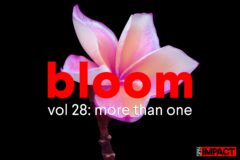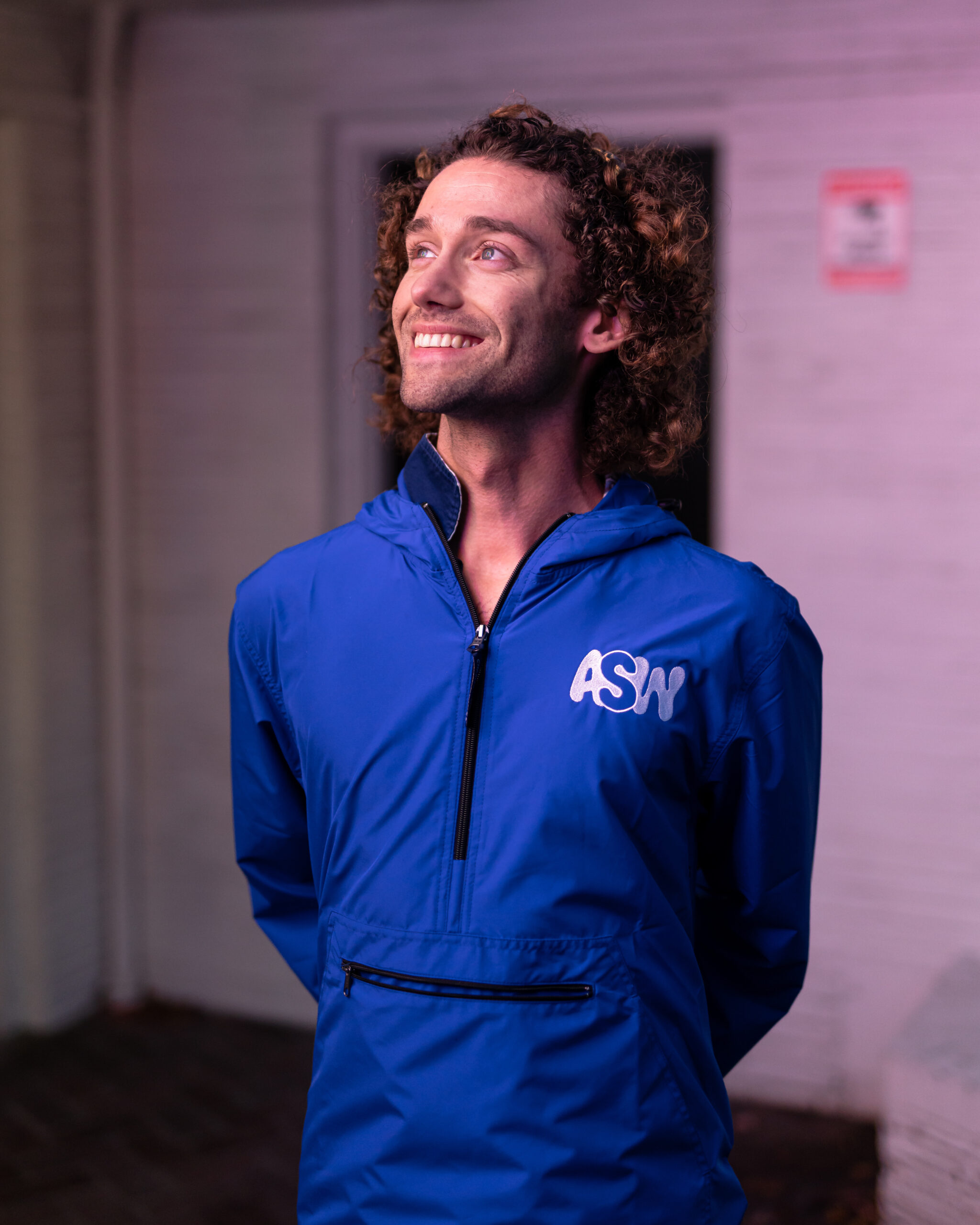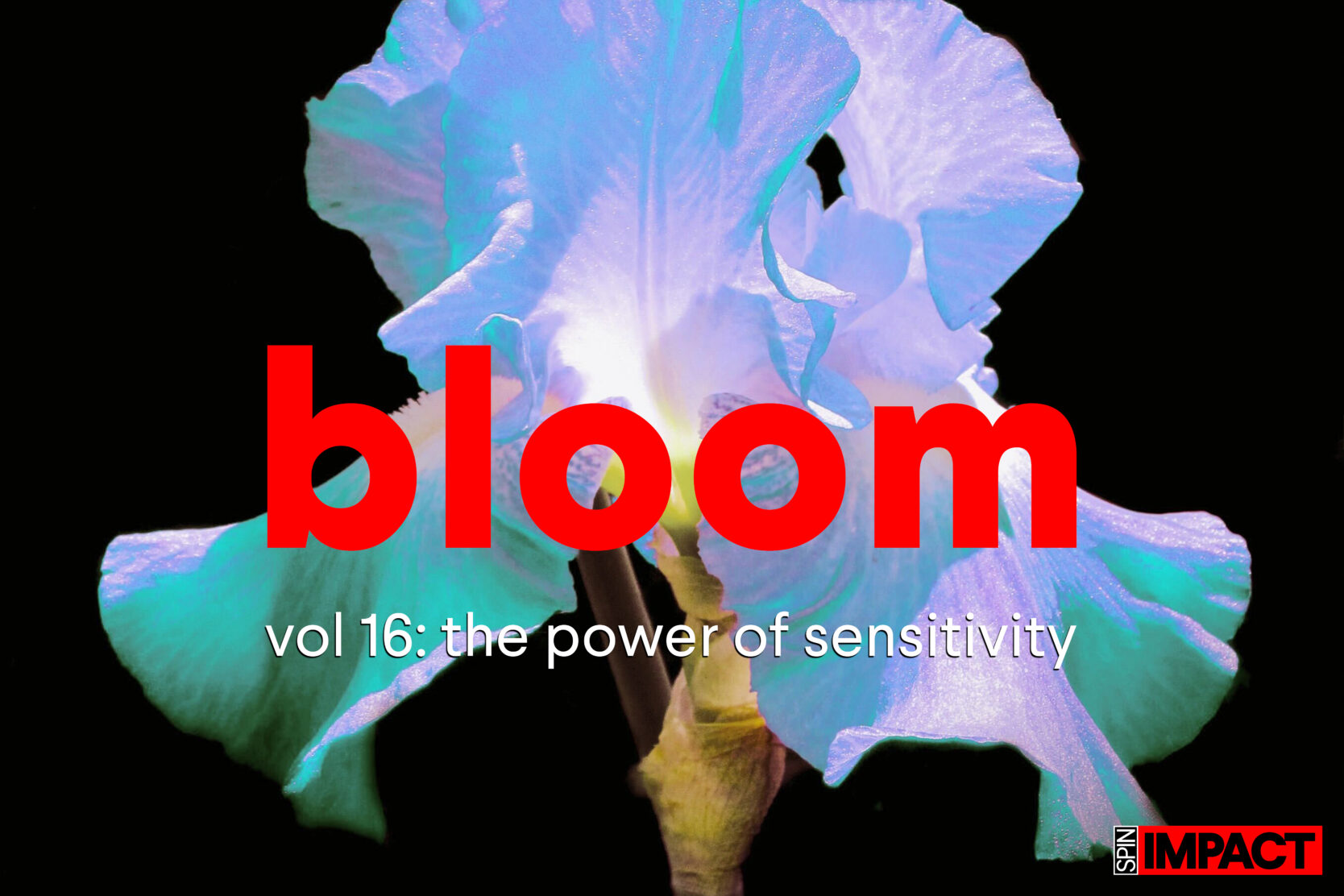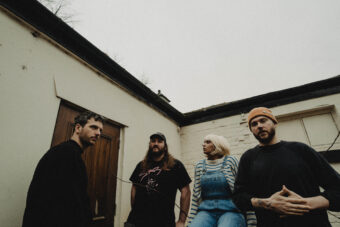In this ongoing series, DJ and mental-health advocate Alex Wagner shares stories and inspiration to create awareness.
Alanis Morissette and the notion of sensitivity hadn’t ever been paired together before for me.
Years back, we used a website called the random Alanis Morissette song generator which would, after the input of a few choice words, spit back to you a song full of resentment and malice for your enjoyment.

Also Read
Bloom Vol. 28: More Than One
Her grunge-infused success never stirred me as coming from a sensitive soul either.
Jagged Little Pill sold a fascinating haul of over 30 million records, propelling her to stardom and a permanent place in the history of American music. It also catapulted her into a world that she would have to prepare herself for deeply, and compensate within; at moments, one she’d have to survive.
“They wanted the outcome and the fruit of my trait,” Alanis said in an interview with the legendary Elaine Aaron, a pioneer of the world of sensitivity who became known for her 1996 book The Highly Sensitive Person.
“But they didn’t want the intense feelings that came with it.”
Alanis Morissette is a sample of one-fifth of our population – a highly sensitive person, known as HSP for short.
It’s not a mere feeling, either. Highly Sensitive Persons are wired differently than their counterparts in taking in stimuli of all kinds.
A highly sensitive person (HSP) is thought to have an increased or deeper central nervous system sensitivity to physical, emotional, or social stimuli. Some refer to this as having sensory processing sensitivity, or SPS for short. (Verywellmind)
20% of our population is highly sensitive, which correlates with numerous species. In general, most species on our planet have about 15-20% of their population that falls into this category.
HSPs are quite useful! This genetic trait has been found across the globe as a beacon. Think of it as such – someone who is more attuned to subtleties, morale, and environments can help alert others to potential dangers.
It is not a mental health challenge but can produce mental health challenges if not acknowledged and worked with properly.
What are some of the signs of one who is highly sensitive?
They may have deep, complex inner thoughts. Rumination is common amongst HSPs, granular critical thinking of which can be great, and awful, and constant.
There is a duality to the traits of an HSP, with stark pros and cons. These deep thoughts can lead to profound discoveries but also spirals.
Being overwhelmed by sensory stimuli is another sign. A partner of mine used to go to the bathroom in public settings with headphones on for extended periods because they would get overwhelmed.
For those in the music industry who are highly sensitive persons, many of us will hide in green rooms and side areas, step outside for air breaks and stifle things around to regulate the stimulus as much as possible.
Highly Sensitive Persons need a lot more downtime to balance themselves after ingesting stimuli – and that is perfectly okay.
Highly sensitive people are moved profoundly by things found in art, music, nature, and more.
A HSP might walk down the street and see a Monarch butterfly flapping its wings on a flower and be so moved as to stop and take photos and videos of it.
That butterfly alone may become the subject of a poem, or a song, and maybe eventually be used to advocate for sustainability processes that can ensure the longevity of Monarchs on Earth.
HSPs are incredibly empathic. Intense feelings can come with this. You take on the feelings of others when empathy breaks down walls and blurs lines. Social environments can be tricky.
Positive to the above – you can read the room.
Known HSP researcher (an HSP herself) Alane Freund repeatedly states in her lectures, is to believe that this is in fact a real thing. Highly sensitive people have a legitimate place in the world, seemingly evoked through the biological truth of the size of the population in which is sensitive.
As mentioned earlier, sensitive persons can alert communities of subtle nuances and trends that might potentially damage the greater good. These people might be the first to make a GoFundMe for a cause or throw an awareness event for an emerging issue in your neighborhood.
An HSP is a gift to society.
It can seem odd and seem like something that could be nothing more than an excuse for “overreacting” or being “too sensitive due to its lack of tangibility.”
Highly Sensitive Persons are team members in the office who seem to have a deeper pulse on how everyone is feeling and can help people accomplish a difficult task through emotional regulation of the group as a whole.
HSPs can make for the best cheerleaders.
Historically, especially among those who identify as men, we have had issues with sensitivity. That displays weakness, doubt, and insecurities. What a shame! It is a sign of great strength to help a community avoid calamity through heightened awareness.
Embracing our thinkers, our deep feelers, for their emotional might, is key to a society geared for the 80% to accommodate the 20% better.
That 20% of the population could save the other 80% as they have saved species time and time again in the past. Think about the first bird in a flock who cries when a predator looms.
Think about climate change, racial injustice, and music as a form of advocacy – highly sensitive persons can speak for many because they feel for many. They can help spur meaningful action for societal change.
Think about John Lennon’s “Imagine.”
Alane Freund calls HSPs “Orchids”, and others “Dandelions” – a welcome analogy in our garden. Orchids, beautiful but a bit tricky to maintain, hold a reverent beauty to them that ought to be kept.
The first step toward better understanding if you fall into the realm of an Orchid is a short quiz that Alane Freund and colleagues made on HSPerson.com.
Awareness is the beginning of any journey – today, I hope you leave here attuned to the possibility that your sensitivity is a gift to the entire species.
You are a gift.
Orchids and Dandelions are welcome here.
About the Author

A dance music producer, singer, and songwriter, Alex Wagner (known by his music project ASW), was called an emerging artist to watch by DJ Mag in September of 2021. Currently signed to Tommie Sunshine’s Brooklyn Fire Records, he has also had multiple releases on Atlantic Records, remixing artists such as Galantis.
As a crisis counselor for Crisis Text Line and certified peer counselor with the state of Washington, he has organized multiple mental health awareness events called “Grooving for Good” leveraging the power of music and the arts. He currently resides in Seattle, Washington. You can follow him on Instagram at @asinglewave.




